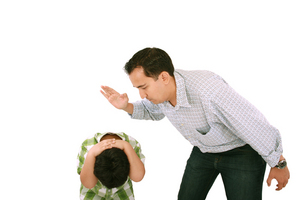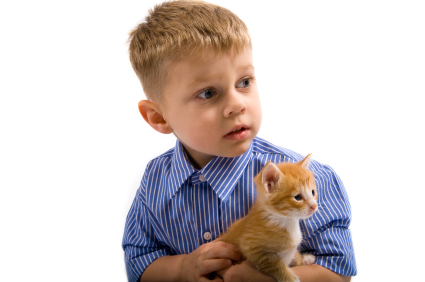 We’ve all been there: you’re tired, frustrated, busy, maybe hungry…and the kids just. Won’t. Stop. Whether it’s sibling bickering, demands for things or attention, or putting out fires (literally or figuratively), being a parent is not always a fun job, and sometimes we say the wrong things in the heat of the moment. Although it’s never going to be possible to be perfect, it’s possible to make changes and go for more positive reinforcement and learning what NOT to say to your kids.
We’ve all been there: you’re tired, frustrated, busy, maybe hungry…and the kids just. Won’t. Stop. Whether it’s sibling bickering, demands for things or attention, or putting out fires (literally or figuratively), being a parent is not always a fun job, and sometimes we say the wrong things in the heat of the moment. Although it’s never going to be possible to be perfect, it’s possible to make changes and go for more positive reinforcement and learning what NOT to say to your kids.
“I’m Busy!”. Or, “Leave me alone!” or “Don’t bother me!”. These phrases, although usually said innocently in a fervent moment of desiring privacy in the bathroom, on the phone, or whatever, can wreak havoc on your kids’ self esteem. Why? Because little guys and girls don’t understand the why, they just understand that, apparently, you don’t have time for them, don’t want them around, and don’t care about them and their needs at that moment. If kids hear these phrases frequently, they can start internalizing these feelings and a pattern is set for the future, a pattern that means they don’t feel like they can come to you, or that you don’t care. Rather than exploding every time you need a moment, try to have less of those moments. Get your kids used to seeing you take time for yourself. Try to tap into a support network, where your spouse or other parents can help share the burden of childcare and give you some breathing room. Set realistic expectations about how well your children can entertain themselves, and try to keep your important “me” stuff to certain times and places, lessening the chances that your kids will interrupt you frequently. And most of all, make sure they know that you’re not rejecting them and that you’ll always be there for them: instead of saying, “Leave me alone!” tell them, “Dad is in the middle of something right now, sweetheart.”
Labeling. Again, this is one thing that is hard NOT to do, expecially if you have multiple children. “You’re so…” or “Why aren’t you like so-and-so” or “Why are you like that..:” can be seriously damaging to a child’s budding self image. By labeling a child as a klutz, or lazy, or shy, or even positive labels like smart or funny, you are basically pigeonholing your offspring…and that shouldn’t happen. A far better approach is to address the specific behavior and leave the adjectives about your child’s personality out of it. For example, “Katie’s feelings were hurt when you told everyone not to play with her. How can we make her feel better?”
“Don’t be a baby” or “Don’t cry”. Remember this: you’re not a child anymore, and you have long forgotten what it’s like to be one in many ways. Kids, especially toddlers and young children, are constantly learning things and being exposed to new and often scary experiences every day, and by telling them to “grow up” or “don’t be a baby”, you’re invalidating their feelings. Rather than deny that your child feels a particular way — when he obviously does — acknowledge the emotion up front. “It must make you really sad when Jason says he doesn’t want to be your friend anymore.” “Yes, the waves sure can be scary when you’re not used to them. But we’ll just stand here together and let them tickle our feet. I promise I won’t let go of your hand.”By naming the real feelings that your child has, you’ll give him the words to express himself — and you’ll show him what it means to be empathetic. Ultimately, he’ll cry less and describe his emotions instead.
Comparing them to their siblings or other kids. It might seem helpful to hold out a sibling or friend as a shining example. “Look how well Sam zips his coat,” you might say. Or “Jenna’s using the potty already, so why can’t you do that too?” But comparisons almost always backfire. Your child is herself, not Sam or Jenna. It’s natural for parents to compare their kids, to look for a frame of reference about their milestones or their behavior, say experts. But don’t let your child hear you doing it. Kids develop at their own pace and have their own temperament and personality. Comparing your child to someone else implies that you wish yours were different. Nor does making comparisons help change behavior. Being pressured to do something she’s not ready for (or doesn’t like to do) can be confusing to a little kid and can undermine her self-confidence. She’s also likely to resent you and resolve not to do what you want, in a test of wills. Instead, encourage her current achievements: “Wow, you put both arms in your coat all by yourself!” Or “Thanks for telling me your diaper needs changing.”


